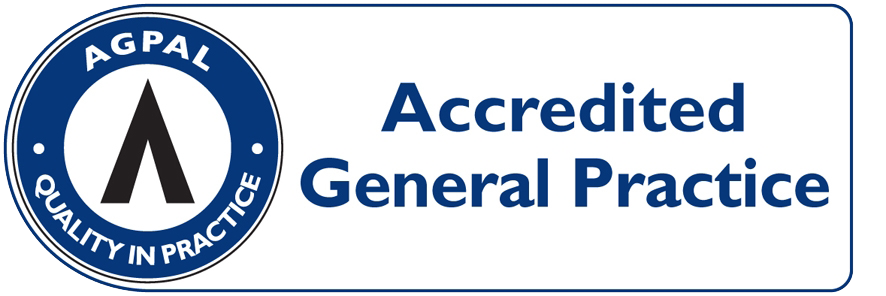Pregnancy Care – One Point Medical
You’ve missed a period and/or have a positive home pregnancy test.
What next?
Early pregnancy is the time to:
- START folic acid and iodine supplements (if you haven’t already, see Planning a Pregnancy page)
- QUIT smoking
- ABSTAIN from alcohol
- There is no known safe level of alcohol consumption for pregnant women. The Australian Guidelines advise that the safest option is for pregnant women to drink no alcohol at all
- EAT healthily, make sure you have enough nutrients in your diet to sustain your needs and those of your baby, especially iron and calcium (see fact sheet on healthy eating for pregnant women for more detail)
- FLU INJECTION
- pregnant women are particularly vulnerable to influenza infection, ask your doctor about the best time to have a flu shot
- TALK to your doctor about what model of care you would like for your pregnancy your options include:
- “ Shared Care” with your GP and nearest public obstetric hospital
- “Shared Care” public/private model
- Private Obstetrician
- Midwife Care at your nearest public obstetric hospital


